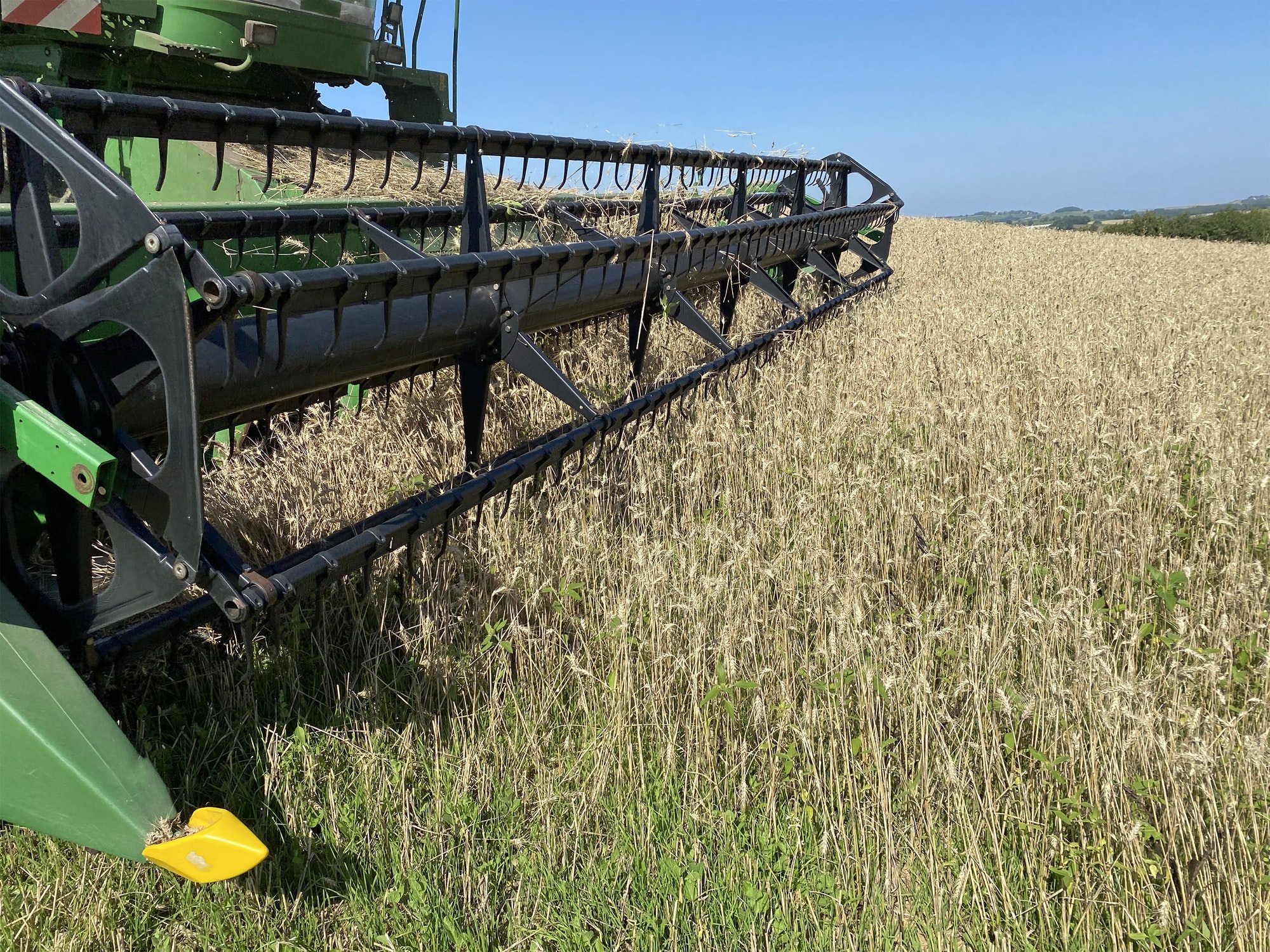Introduction
In 2024, the streets of France are once again filled with the voices of farmers, this time echoing with a sense of urgency and despair. The French farmers’ protests have become a symbol of the broader agricultural crisis facing not only France but the world. This article seeks to unravel the complexities behind these protests, shedding light on the causes, the impact, and the potential future of farming in France.

Historical Context
The history of French agricultural protests is rich and complex, dating back centuries. In recent decades, these protests have often been sparked by economic hardship, government policies, and global market changes. Understanding this history provides essential context for the current situation, illustrating how past events have shaped today’s landscape.
Current Situation
2024’s protests were triggered by a confluence of factors, including plummeting crop prices, stringent environmental regulations, and rising costs of production. The farmers’ grievances are deep-rooted, reflecting long-standing issues that have been simmering beneath the surface.
Key Issues Faced by French Farmers
Today’s French farmers are caught in a challenging situation. On one hand, they face economic pressures such as low commodity prices and high operational costs. On the other, environmental regulations, although necessary for sustainable agriculture, have imposed additional burdens. Market dynamics, including competition from imports and fluctuating demand, further complicate their situation.

Government Policies and Their Impact
The French government, through its agricultural policies, has attempted to support farmers with subsidies and aid. However, these measures have often been criticized for either being insufficient or misdirected. The complexity of navigating these policies adds another layer of difficulty for farmers.
Comparative Perspective
The struggles of French farmers mirror global agricultural issues. From American midwest farmers dealing with tariff wars to Indian farmers protesting against new agricultural laws, the challenges are universal – economic sustainability, environmental responsibility, and social justice.
Social and Economic Implications
The implications of these protests extend far beyond the fields. Rural communities, heavily dependent on agriculture, are directly affected. The ripples are felt in the broader national economy, impacting food supply chains, consumer prices, and even international trade relations.
Public Opinion and Media Coverage
Domestically, public opinion is divided. While some sympathize with the farmers, others view the protests as a disruption. Internationally, media coverage has varied, with some outlets focusing on the protests’ impact on global food markets and others highlighting the environmental aspects.

Possible Solutions and Alternatives
Solutions being proposed range from policy reforms and increased government support to technological innovations in agriculture. Private sector involvement, through direct support to farmers or investment in sustainable agricultural practices, is also seen as a potential pathway.
Role of the European Union
The European Union plays a significant role in shaping agricultural policy in France. EU policies and subsidies have both supported and constrained French farmers. The balance between EU-wide policies and national needs is a delicate one.
Farmer Organizations and Unions
Farmer organizations and unions have been at the forefront of the protests, negotiating with the government and advocating for farmers’ rights. Their role is crucial in representing the diverse needs and voices of the farming community.
Future Outlook
The future of French agriculture is at a crossroads. Will the government and farmers find a sustainable path forward? Predictions vary, but there is hope that a resolution balancing economic viability and environmental sustainability can be achieved.
Global Significance
The French farmers’ protests are not just a local issue but a reflection of a global challenge. They highlight the need for a reevaluation of how we approach agriculture, food security, and environmental stewardship worldwide.
Conclusion
The 2024 French farmers’ protests are a powerful reminder of the challenges facing modern agriculture. They underscore the need for balanced solutions that consider economic, environmental, and social factors. As France, and the world, grapple with these issues, the lessons learned here will be crucial in shaping the future of agriculture.

FAQs
- What are the primary causes of the 2024 French farmers’ protests?
- The protests are primarily driven by economic hardships, stringent environmental regulations, and market dynamics affecting farmers’ livelihoods.
- How do these protests impact the French economy and society?
- The protests have significant impacts on rural communities, the national economy, and food supply chains, highlighting the interdependence of agriculture and broader societal well-being.
- What role does the European Union play in this situation?
- The EU influences French agriculture through policies and subsidies, playing a complex role that both supports and constrains farmers.
- Are there any proposed solutions to the issues faced by French farmers?
- Solutions include policy reforms, technological innovations, private sector involvement, and more sustainable agricultural practices.
- How do these protests relate to global agricultural challenges?
- The French protests reflect wider global agricultural challenges, including sustainability, economic viability, and the need for fair policies.
Sources Reuters


